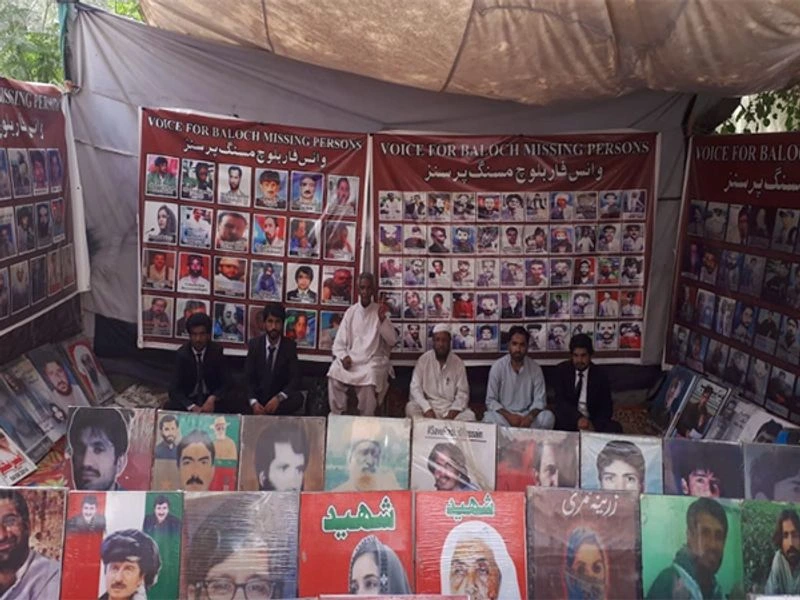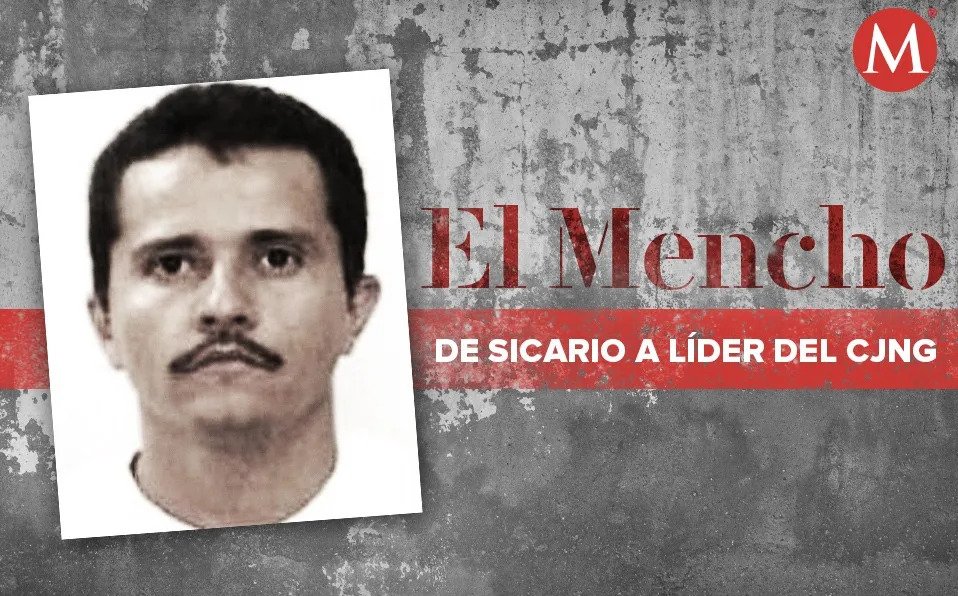28-JUN-2025,04:00 PMIn a landmark moment underscoring the decades-long struggle for justice and human rights, the Baloch protest in Pakistan has now entered its 5,864th day. Activists, families of missing persons, and rights organizations are intensifying their calls for international intervention against the systematic enforced disappearances and violence that have gripped Balochistan for generations.
The Baloch Protest—A Relentless Struggle for the Disappeared
The Baloch protest began as a small demonstration by families whose loved ones vanished without a trace. Over time, it has grown into one of South Asia’s most prolonged and resilient human rights campaigns.
Held regularly in cities like Quetta, Karachi, and Islamabad, the protests have been marked by sit-ins, hunger strikes, candlelight vigils, and awareness drives. Protestors say thousands of Baloch men, students, teachers, journalists, and activists have been forcibly disappeared, with the authorities denying any involvement or refusing to investigate.
Human rights watchdogs including Amnesty International and Human Rights Watch have documented widespread allegations of torture, extrajudicial killings, and intimidation in Balochistan.
“Every day we wait for news, hoping our loved ones are alive,” said Zahida Baloch, a prominent activist who has been part of the protest since its early days. “This is a humanitarian crisis that the world can no longer ignore.”
International Attention Grows Amid Persistent Denial
While the Baloch protest has historically struggled to break into mainstream global media, recent months have seen renewed attention. The United Nations Working Group on Enforced or Involuntary Disappearances has called on Pakistan to account for missing persons and comply with international human rights norms.
In the United States, the Tom Lantos Human Rights Commission has also conducted hearings on Balochistan, highlighting testimonies from exiled Baloch leaders and families of the disappeared. The European Parliament, too, has debated resolutions calling for independent investigations and humanitarian monitoring in the region.
However, Pakistan’s government has repeatedly denied claims of systemic abuses. Officials have insisted that security operations are necessary to combat separatist militancy and maintain stability in the restive province.
Stories of Loss and Resistance Fuel the Baloch Protest
At the heart of the Baloch protest are thousands of personal stories—parents searching for sons, wives hoping for their husbands’ return, and children growing up without knowing what happened to their fathers.
One of the most striking aspects of the movement is its intergenerational resilience. Young activists have stepped forward to document the disappearances, use social media campaigns, and engage with human rights organizations abroad. Murals, art installations, and photography exhibits have chronicled faces and names that authorities have tried to erase.
“This is not just a protest,” said Abdul Qadeer Baloch, widely known as Mama Qadeer, a senior activist whose own son disappeared. “It is our collective memory and our refusal to be silent.”
Baloch Protest and the Role of Diaspora Communities
The Baloch diaspora, with communities in Europe, North America, and the Middle East, has played a vital role in amplifying the Baloch protest. They have organized rallies in London, Berlin, Toronto, and Washington DC, calling on democratic governments to pressure Islamabad to end enforced disappearances.
Social media has also become a powerful tool. Hashtags like #SaveBalochMissingPersons and #BalochGenocide trend regularly, as advocates share stories and testimonies to raise global awareness.
Activists say international solidarity is essential to keep pressure on Pakistan’s leadership and to give families hope that their plight is not forgotten.
Calls for Independent Investigations and Accountability
As the Baloch protest enters its 5,864th day, human rights groups are demanding:
Independent UN-led investigations into enforced disappearances
Immediate release of all detainees held without charge
Legal reforms to criminalize enforced disappearances
Protections for journalists and activists documenting the crisis
Critics of Pakistan’s policies argue that ignoring these calls undermines the country’s international credibility and perpetuates cycles of violence and alienation.
What Comes Next for the Baloch Protest?
Despite years of setbacks and threats, the movement shows no signs of ending. Organizers have announced plans for more international campaigns, collaboration with NGOs, and engagement with the International Criminal Court to explore possible avenues for justice.
Observers say the endurance of the Baloch protest is a testament to the courage and resilience of ordinary families who refuse to be silenced. Many believe that sustained global attention is the only way to force meaningful accountability.
Conclusion: A Historic Campaign for Truth and Justice
As the Baloch protest surpasses 5,864 days, it stands as one of the most prolonged non-violent movements against state-enforced disappearances in the modern world. It is both a reminder of the immense suffering endured by Baloch families and a call to the international community to act.
The struggle continues, driven by the conviction that every missing person deserves to be found, every family deserves closure, and every violation must be confronted with truth and justice.
Source : ANI





